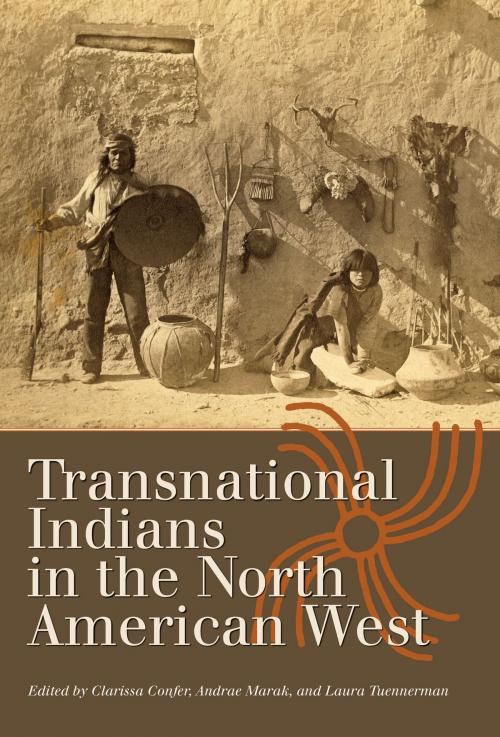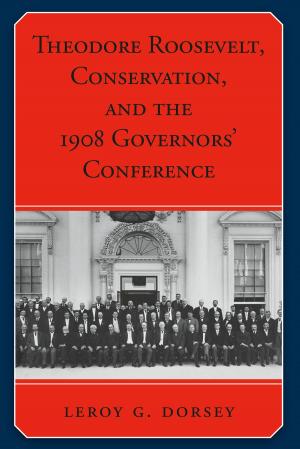Transnational Indians in the North American West
Nonfiction, History, Americas, Mexico, Native American, United States| Author: | ISBN: | 9781623493271 | |
| Publisher: | Texas A&M University Press | Publication: | October 7, 2015 |
| Imprint: | Texas A&M University Press | Language: | English |
| Author: | |
| ISBN: | 9781623493271 |
| Publisher: | Texas A&M University Press |
| Publication: | October 7, 2015 |
| Imprint: | Texas A&M University Press |
| Language: | English |
This collection of eleven original essays goes beyond traditional, border-driven studies to place the histories of Native Americans, indigenous peoples, and First Nation peoples in a larger context than merely that of the dominant nation.
As Transnational Indians in the North American West shows, transnationalism can be expressed in various ways. To some it can be based on dependency, so that the history of the indigenous people of the American Southwest can only be understood in the larger context of Mexico and Central America. Others focus on the importance of movement between Indian and non-Indian worlds as Indians left their (reserved) lands to work, hunt, fish, gather, pursue legal cases, or seek out education, to name but a few examples. Conversely, even natives who remained on reserved lands were nonetheless transnational inasmuch as the reserves did not fully “belong” to them but were administered by a nation-state.
Boundaries that scholars once viewed as impermeable, it turns out, can be quite porous. This book stands to be an important contribution to the scholarship that is increasingly breaking free of old boundaries.
This collection of eleven original essays goes beyond traditional, border-driven studies to place the histories of Native Americans, indigenous peoples, and First Nation peoples in a larger context than merely that of the dominant nation.
As Transnational Indians in the North American West shows, transnationalism can be expressed in various ways. To some it can be based on dependency, so that the history of the indigenous people of the American Southwest can only be understood in the larger context of Mexico and Central America. Others focus on the importance of movement between Indian and non-Indian worlds as Indians left their (reserved) lands to work, hunt, fish, gather, pursue legal cases, or seek out education, to name but a few examples. Conversely, even natives who remained on reserved lands were nonetheless transnational inasmuch as the reserves did not fully “belong” to them but were administered by a nation-state.
Boundaries that scholars once viewed as impermeable, it turns out, can be quite porous. This book stands to be an important contribution to the scholarship that is increasingly breaking free of old boundaries.















